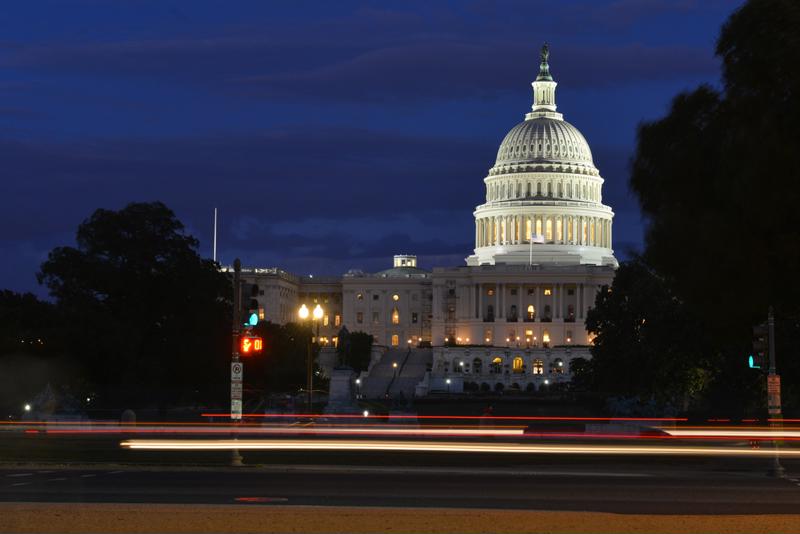Consultants to Contact
- Allison Young - Vice President & Consulting Actuary (Dallas)
- Bonnie Albritton - Vice President & Principal (Dallas)
- Brian Rankin - Vice President & Principal (Washington, D.C.)
- Brian Stentz - Vice President & Principal (Dallas)
- Cabe Chadick - President & Managing Principal (Dallas)
- Chris Merkel - Senior Vice President & Principal (Kansas City)
- David Dillon - Senior Vice President & Principal (Dallas)
- Daniel Moore - Vice President & Senior Consulting Actuary (Dallas)
- David Palmer - Vice President & Principal (Baltimore)
- Glenn A. Tobleman - Executive Vice President & Principal (Dallas)
- Heather Robinson - Senior Consultant & Director - Underwriting (Kansas City)
- Jamie Fender - Vice President & Consulting Actuary (Dallas)
- Jason Dunavin - Vice President & Senior Consulting Actuary (Kansas City)
- Jeffrey D. Lee - Vice President & Consulting Actuary (Kansas City)
- Josh Hammerquist - Vice President & Principal (Dallas)
- Jing Qian - Vice President & Consulting Actuary (Dallas)
- Jacqueline Lee - Vice President & Principal (Dallas)
- Kevin Ruggeberg - Vice President & Senior Consulting Actuary (Dallas)
- Kim Shores - Vice President & Principal (Kansas City)
- Muhammed Gulen - Vice President & Legal Consultant (Dallas)
- Moshe Nelkin - Senior Consulting Actuary (Dallas)
- Mark Stukowski - Vice President & Principal (Denver)
- Patrick Glenn - Vice President & Principal (Kansas City)
- Robert Dorman - Vice President & Consulting Actuary (Dallas)
- Traci Hughes - Vice President & Senior Consulting Actuary (Dallas)
- Tom Roberts - Vice President & Consulting Actuary (Dallas)
- Vickie Goodman - Vice President & Director - Compliance (Kansas City)
Testimonial
Over the past several months, there have been many changes to the health care landscape, and that's a trend that seems unlikely to change any time soon in the wake of the “soft” repeal of the federal insurance mandate and other issues. With this in mind, it seems a lot of the concerns still lingering for many Americans won't be answered before the end of the 2017 calendar year.
For now, there appears to be a split on what a more complete repeal of the Patient Protection and Affordable Care Act will look like, if it goes forward at all, according to the political news site The Hill. Some high-ranking federal lawmakers are signaling that there will likely be more pressing concerns – now that the individual mandate of the ACA was changed as part of the recent tax reform bill – while others would like to go ahead with further efforts to fundamentally alter the ACA.
Meanwhile, some recognize that a few of the big changes the tax bill made may destabilize the health insurance marketplace overall, and would like to take steps to right that ship, if possible, the report said.

Addressing CHIP
Meanwhile, lawmakers have also punted a decision on the future of the Children's Health Insurance Program, which has not had its funding for 2018 re-authorized by Congress since it expired at the end of September, according to AOL. As a result, many individual states are already starting to run out of money to fund their programs going forward, and if all states were to deplete their programs, that would leave some 9.2 million children and pregnant women without coverage.
Some lawmakers – including Sen. Orrin Hatch of Utah, who helped create CHIP in the first place – seem confident that something will get done to keep CHIP going, but not until the start of 2018. It is estimated that CHIP costs about $16 billion annually, and Hatch recently said on the Senate floor that it's a matter of coming up with that money in the budget.
Where many Americans stand
Meanwhile, despite efforts to alter the ACA and scale back the open enrollment period for coverage obtained through the federal or state health insurance exchanges, millions of Americans were nonetheless able to sign up before the enrollment period closed, according to National Public Radio. While previous deadlines for sign-ups were a few months into the new year, open enrollment for 2018 ended on Dec. 16, and more than 8.8 million people had signed up (though final numbers likely won't be available for a little while more).
That's a slight decline from the enrollment number seen for 2017, but the open period lasted only half as long as it previously did, the report said. As such, many consumer advocates see this as a victory, especially because advertising and enrollment funding were slashed for the ACA exchanges.
With these ups and downs in mind, it's vital for Americans to keep a close eye on how they might be affected by any health care changes going forward.
